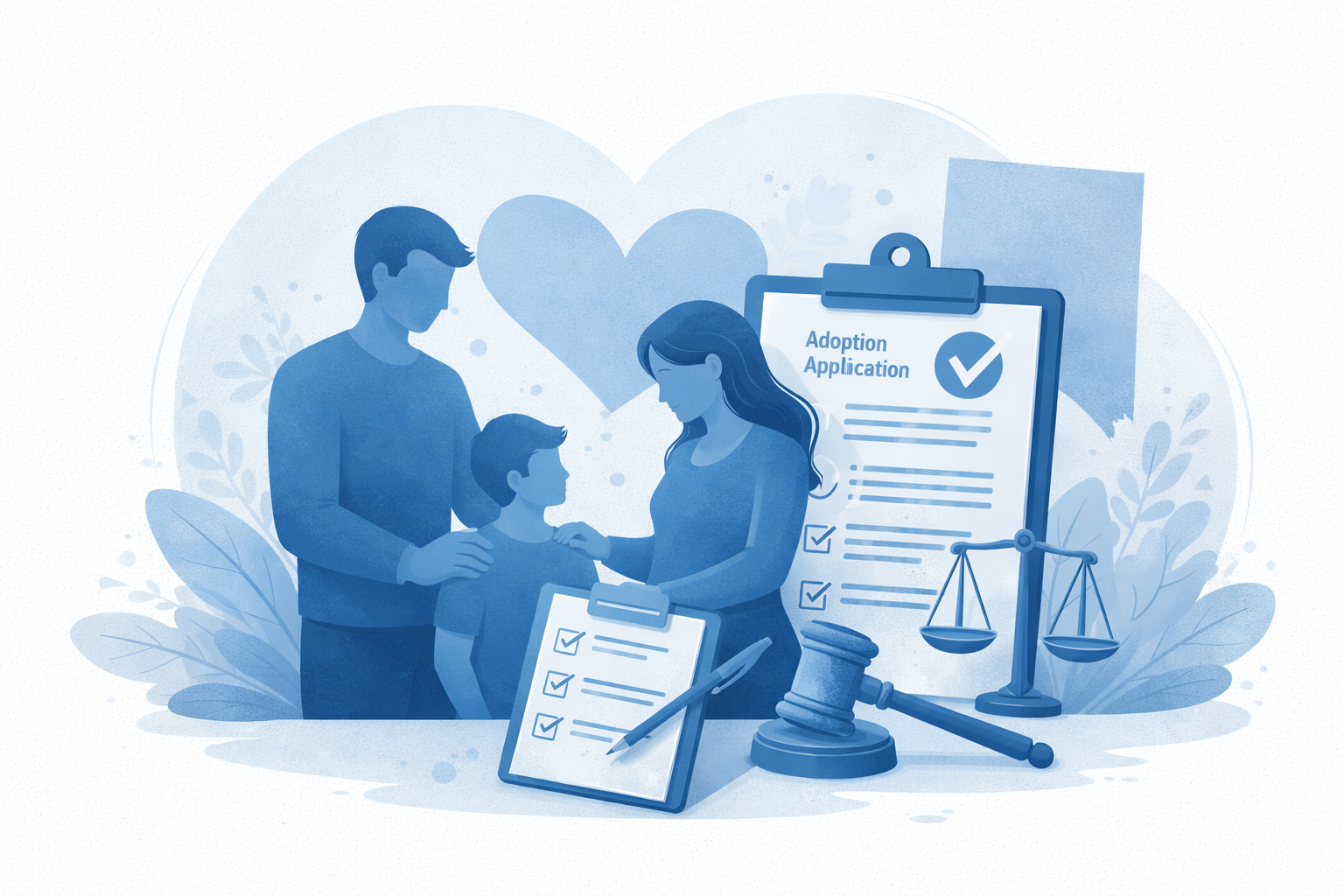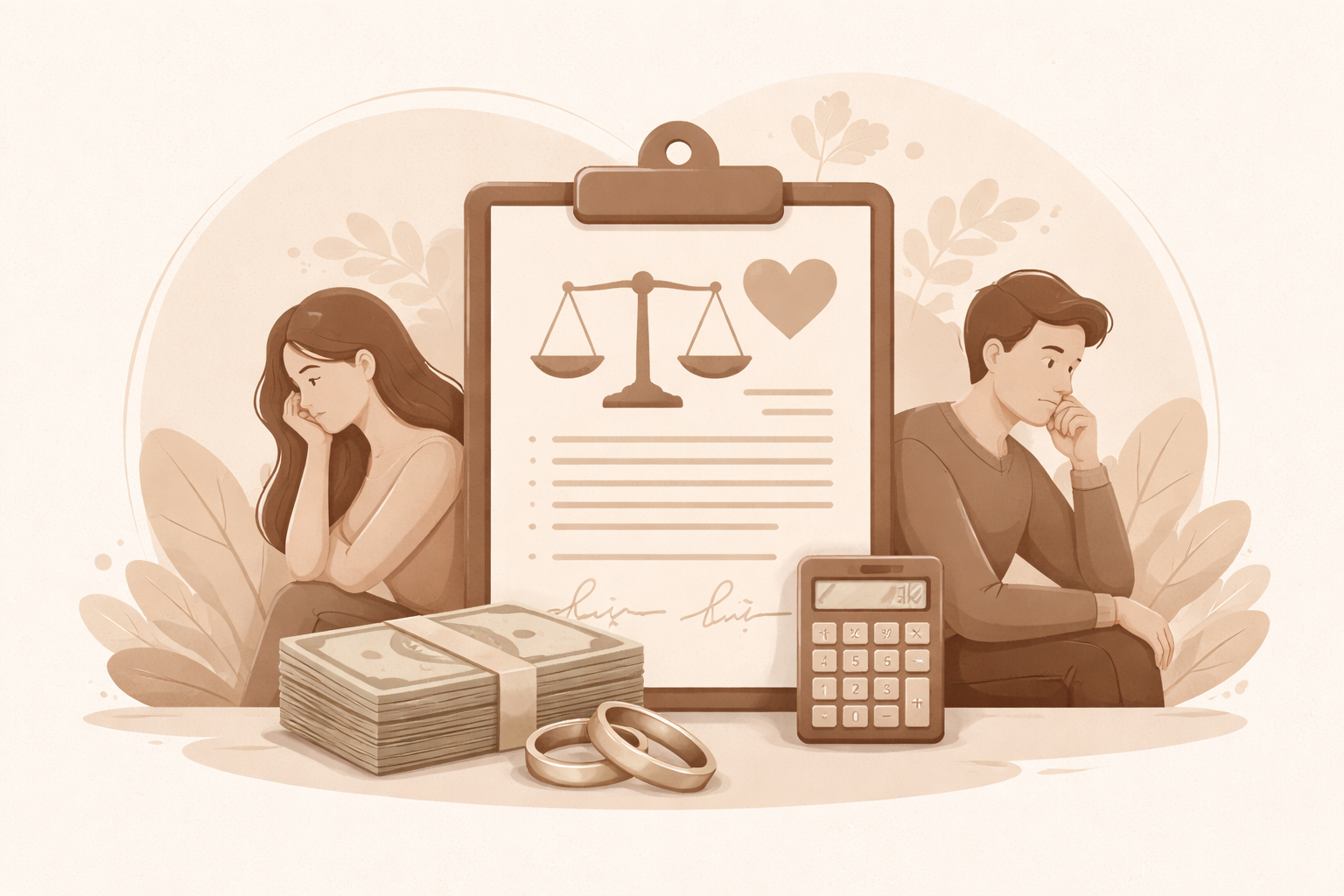Physical Custody

Physical custody is a vital aspect of family law cases in Nevada and determines where the child primarily lives and spends their time. When parents cannot agree on physical custody arrangements, the court will intervene and make a decision based on the best interests of the child. As a family law attorney in Nevada, I am experienced in handling physical custody cases and can provide you with the necessary legal guidance to protect your rights and the best interests of your child.
Nevada defines physical custody as the physical possession of a child by a parent for the purpose of providing care, support, and supervision. Physical custody can either be sole, primary, or joint, depending on the circumstances of the case.
Sole physical custody means that the child primarily resides with one parent, and that parent has the responsibility for making decisions regarding the child's day-to-day care, support, and supervision. The non-custodial parent may have visitation rights, which can be determined by the court or agreed upon by the parents. Sole is usually not appropriate in most cases, and primary physical custody is most often used.
Joint physical custody means that the child spends between roughly 40% to 60% of her time with both parents. Bluestein v. Bluestein, 131 Nev. 106, 113, 345 P.3d 1044, 1049 (2015). The court will generally order joint physical custody unless it determines that it is not in the best interests of the child. Joint physical custody requires a high level of cooperation and communication between parents to ensure that the child has a stable and consistent living environment.
Primary physical custody is a hybrid of sole and joint physical custody. NRS 125C.003 allows for primary physical custody, which means that one parent has the child for the majority of the time, while the other parent has visitation rights. The parent with primary physical custody has the responsibility for making decisions regarding the child's day-to-day care, support, and supervision, but also the responsibility to keep the other parent informed. If a parent has roughly over 60% physical custody, that parent would have primary physical custody.
When determining physical custody, the court considers various factors, including the child's relationship with each parent, each parent's ability to provide for the child's needs, and the child's physical, emotional, and mental well-being. The court's primary consideration is always the best interests of the child.
As your family law attorney, I can help you understand your legal options and work towards a resolution that is in the best interests of your child. Whether you are seeking sole physical custody, joint physical custody, or primary physical custody, I can guide you through the legal process and help you achieve the best possible outcome for your case.
In conclusion, physical custody is an essential aspect of family law cases in Nevada, and it is crucial to have a knowledgeable and experienced attorney on your side to protect your rights and the best interests of your child. Contact me today to schedule a consultation and learn how I can help you through this challenging time, using the relevant Nevada Revised Statutes as a guide.



